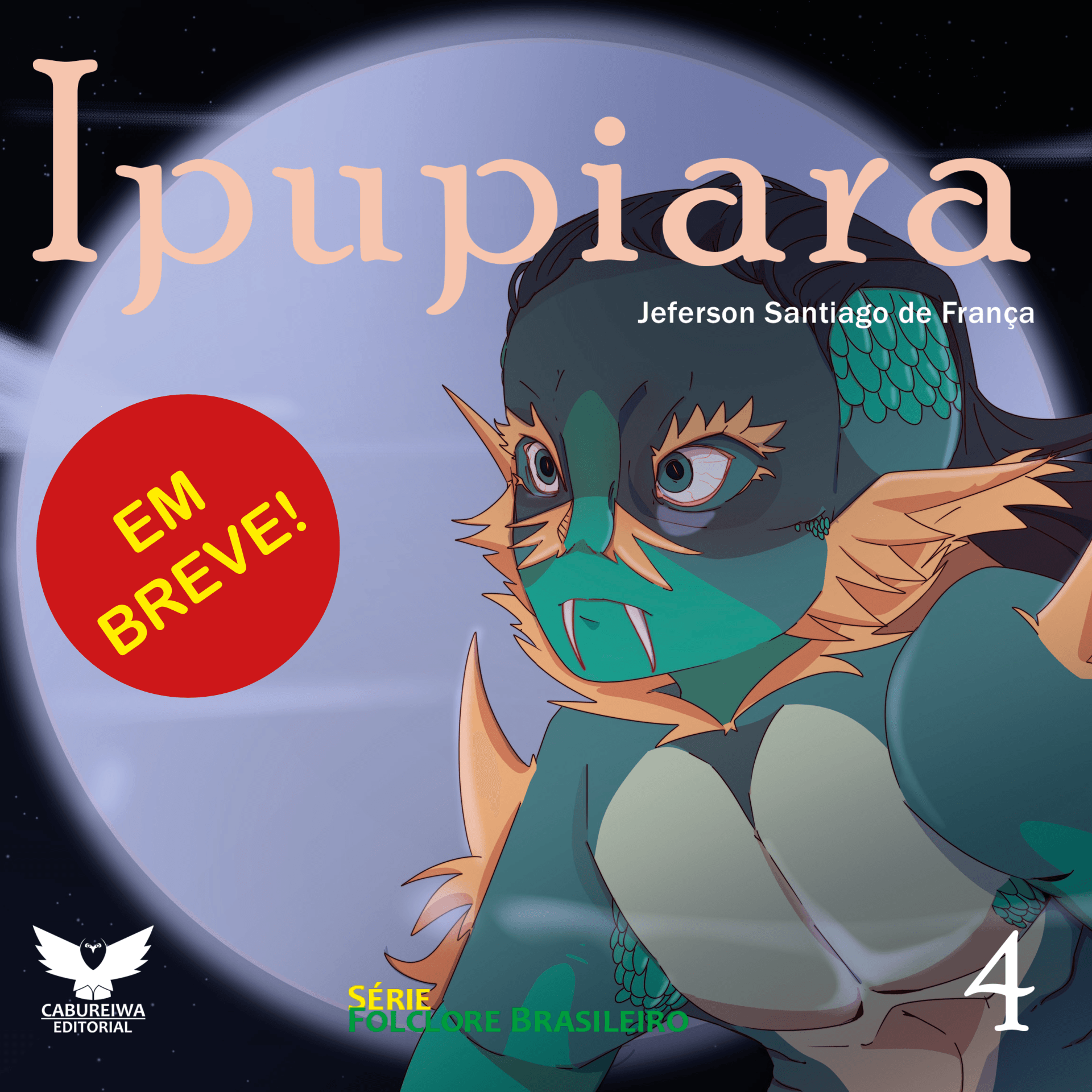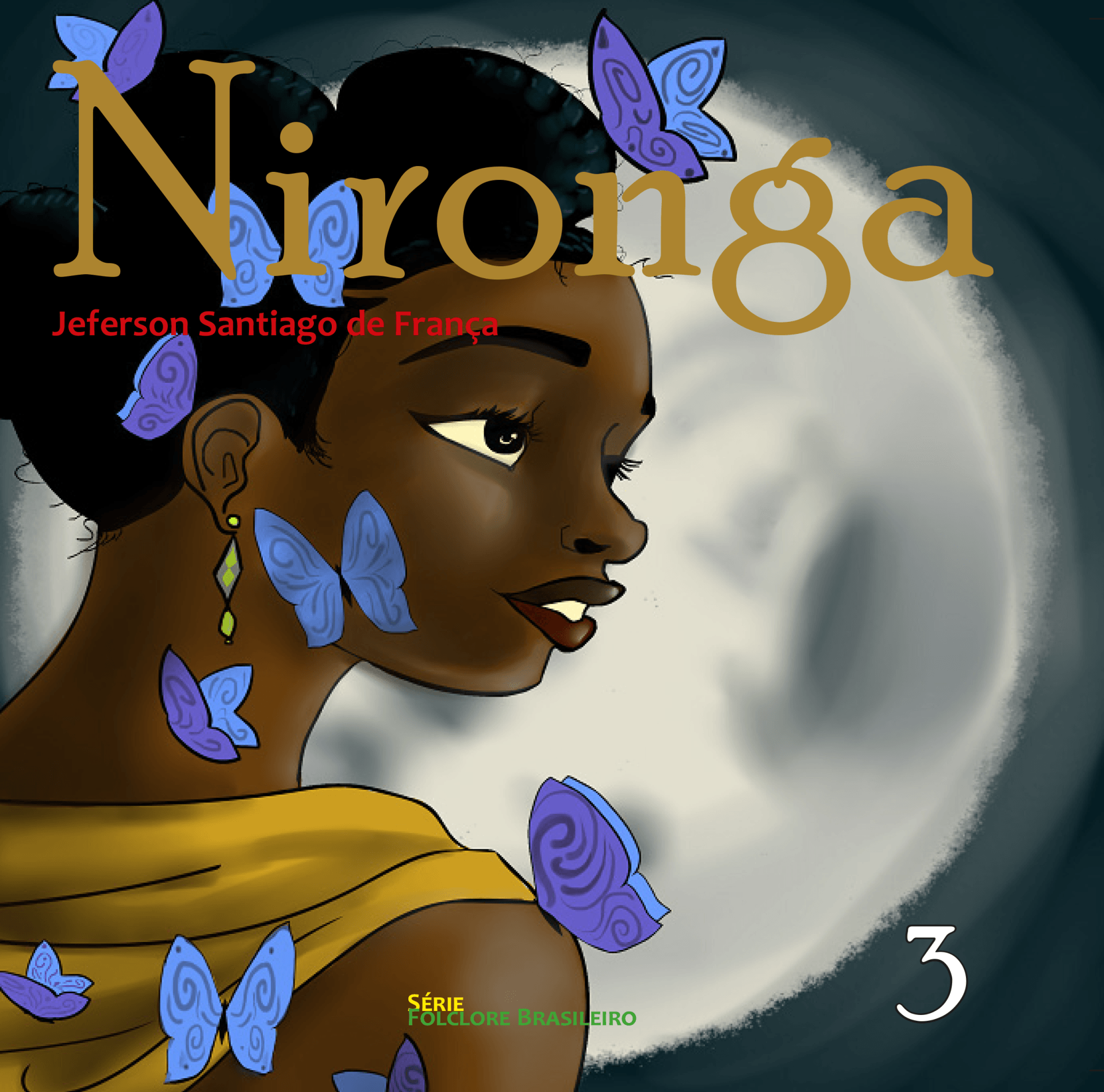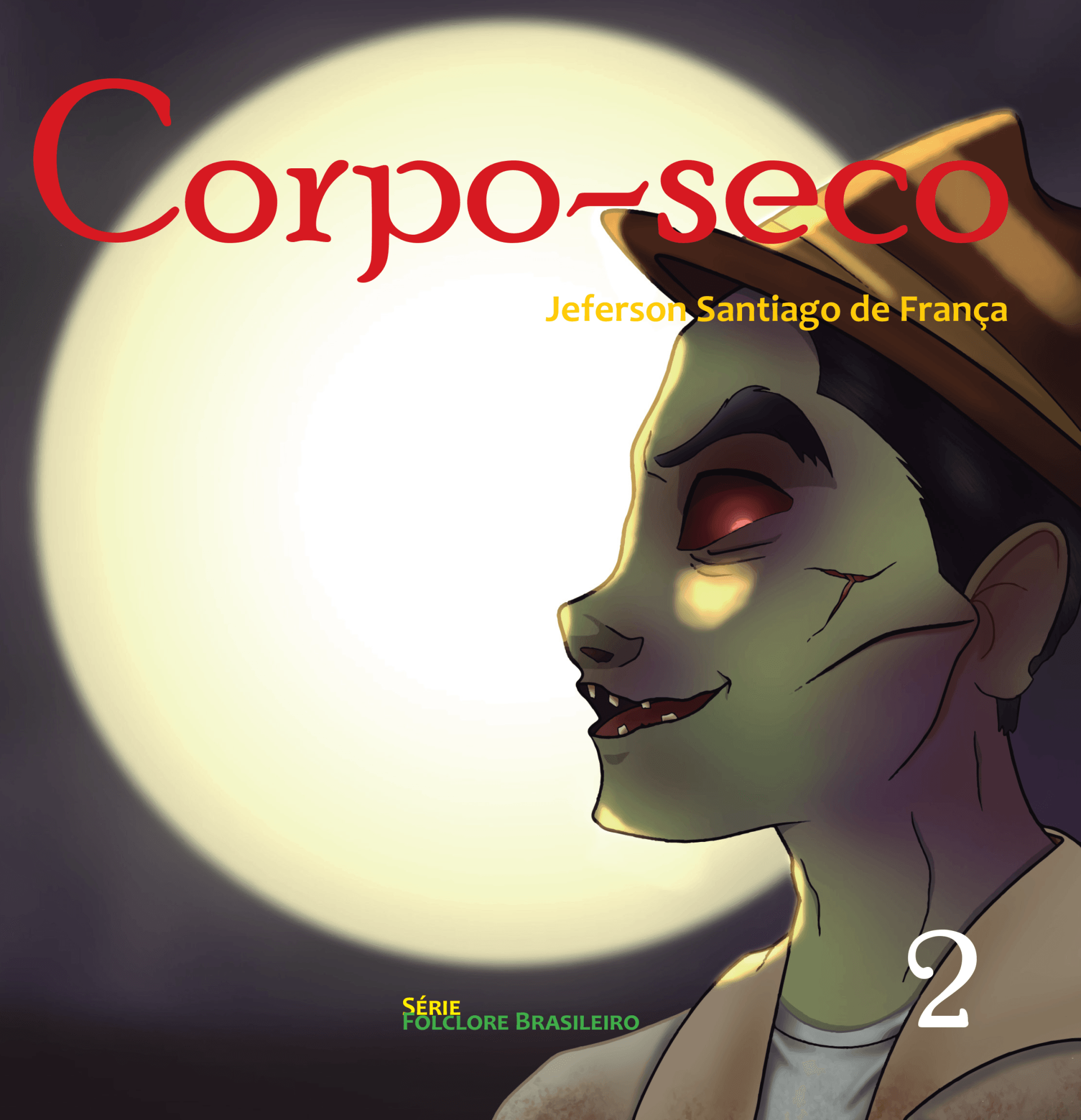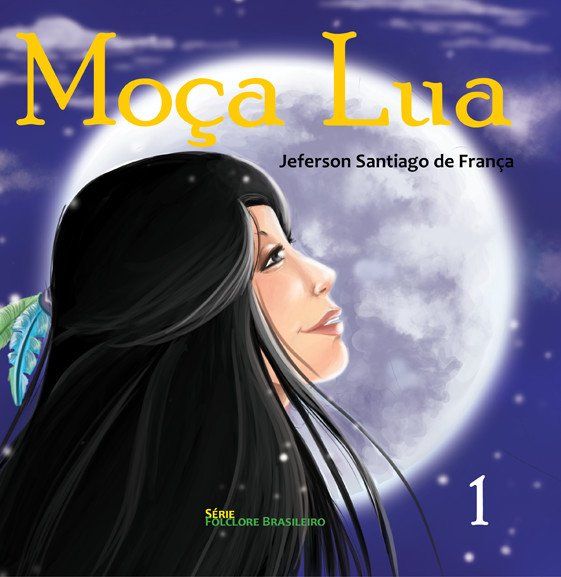Ipupiara
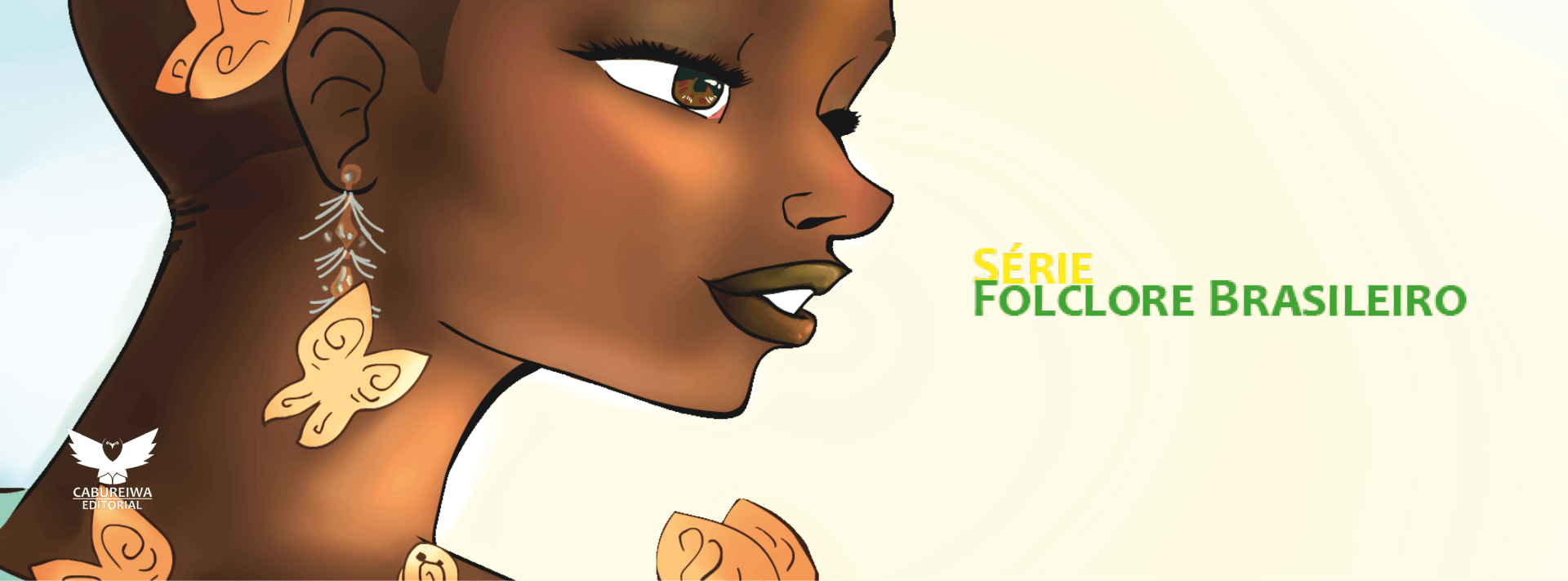
A Brazilian Folklore Series aims to retell lesser-known legends and myths
of Brazil, with a view from North to South and East to West, at the same time that it draws a map of the oral tradition of our people. Brazil has many myths, many legends and many tales, all narrated by our grandparents' grandparents' grandparents and which have come down to us transmitted
from parents to children. There is a lot to discover and be enchanted!
Several authors recorded these legends and myths so that they would reach future generations.
and not be forgotten. However, there are still many stories told by people not recorded in books or known only in some places in Brazil and completely unknown in others. After all, Brazil is giant by nature, isn't it? A
Brazilian Folklore Series
was born with the idea of recording these lesser-known legends and myths and spreading them so that everyone can marvel at them.
"Folklore brings a record of ways of thinking about the world, a particular record of forms of culture, it constitutes a way of protesting against forms of massification. Surely if it is a spontaneous way of thinking, it is an astute way of learning. If it is a simple way of playing, it is strong way of arguing."
Maria Zilda da Cunha
(Professor of Children's and Young Adult Literature at the University of São Paulo-USP)
Brazilian Folklore Series Titles
Following the tradition of Luís da Câmara Cascudo, one of the greatest references in the studies of Brazilian popular culture, our folklore has three fundamental matrices: indigenous, European and African. The books of Brazilian Folklore Series They follow an editorial publishing project where each volume is (re)told a legend originating in one of the matrices. Volume 1 brought an indigenous legend ("Moça Lua"), volume 2 a European legend ("Corpo-seco") and volume 3 brought an African legend ("Nironga"). In simple but not simplistic language, the books in the series are all designed so that the reader has greater involvement with the stories and the drawings are created for children (of all ages) to color!
Published titles:
1. Moon Girl
two. dry body
3. Nironga
Upcoming titles:
4. Ipupiara
5. Enchanted
6. Tutu
"The folklore of a people is its soul, that which no one wrote, but which gradually appeared
little by little in a community and passed from father to son over a long time. Folk stories make each people unique in the world, showing their wisdom, their dreams, their fears, their hopes. These stories are part of the roots of a nation."
Eduardo de Almeida Navarro
(Professor of Tupi Language at the University of São Paulo-USP)




